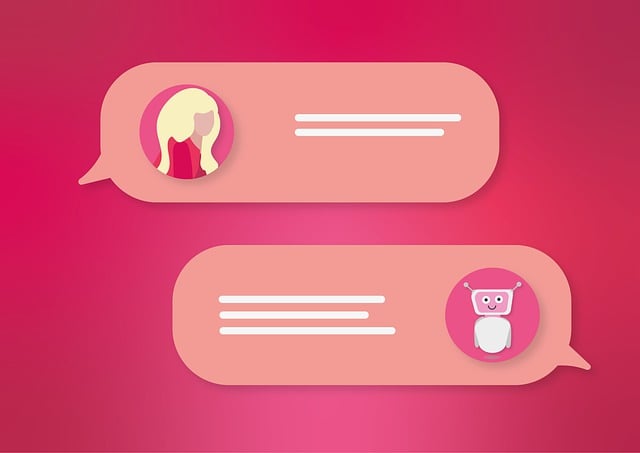Generative AI chatbots are transforming interactions with technology by offering dynamic, personalized experiences through natural language conversations. Trained on vast datasets, these chatbots use advanced algorithms to generate human-like text and provide 24/7 support in customer service, content creation, and personal assistance. With adaptive learning capabilities, ai chatbots online enhance user experiences, streamline operations, and revolutionize industries. However, ethical considerations, including transparency, consent, and misinformation, must be addressed as these technologies evolve.
“Generative AI chatbots are transforming digital interactions, offering advanced conversational capabilities. This article delves into the intricate world of these innovative tools, exploring their functionality and vast potential. We analyze the surge in AI chatbot popularity online, highlighting their impact across various applications. Furthermore, we navigate the ethical landscape, considering limitations and future implications. Discover how these chatbots redefine communication, shape industries, and raise essential questions in the evolving realm of AI chatbots online.”
- Understanding Generative AI Chatbots: Their Functionality and Potential
- The Rise of AI Chatbots Online: Impact and Applications
- Navigating the Future: Ethical Considerations and Limitations
Understanding Generative AI Chatbots: Their Functionality and Potential

Generative AI chatbots are revolutionizing the way we interact with technology, offering a dynamic and personalized experience through natural language conversations. These chatbots utilize advanced algorithms to generate human-like text, enabling them to understand and respond to user queries in a manner similar to humans. Their functionality stems from training on vast amounts of data, allowing them to learn patterns, acquire knowledge, and make contextually relevant outputs.
The potential of generative AI chatbots is immense, especially in the realm of customer service, content creation, and personal assistants. They can provide 24/7 support, instantly addressing client inquiries and simplifying complex tasks. Moreover, these chatbots can assist in generating creative content, from writing articles to crafting social media posts, making them valuable tools for businesses and individuals alike. With their ability to adapt and learn, ai chatbots online are set to transform various industries, enhancing user experiences and streamlining operations.
The Rise of AI Chatbots Online: Impact and Applications

In recent years, the surge in AI chatbots online has revolutionized communication and information access. These intelligent virtual assistants are no longer a concept confined to science fiction; they are an integral part of our digital landscape. With advancements in natural language processing (NLP) and machine learning, ai chatbots have become increasingly sophisticated, capable of engaging in human-like conversations and providing diverse services. From customer support and content creation to personalized recommendations and language translation, AI chatbots online are transforming various industries and everyday interactions.
The impact of these virtual agents is profound, offering businesses enhanced operational efficiency and improved user experiences. They can handle multiple queries simultaneously, reducing response times and workload on human customer service representatives. Moreover, ai chatbots are readily available 24/7, ensuring consistent support for customers across different time zones. As the technology continues to evolve, we can expect even more innovative applications of AI chatbots online, further blurring the lines between human interaction and digital assistance.
Navigating the Future: Ethical Considerations and Limitations

As AI chatbots online become increasingly sophisticated, navigating their future involves careful consideration of ethical boundaries and limitations. With the ability to generate human-like text, these chatbots raise questions about authenticity, consent, and potential misinformation. It’s crucial to establish guidelines that ensure transparency in chatbot interactions, especially when personal or sensitive information is involved. Users should be clearly informed when communicating with an AI to prevent misunderstandings or reliance on inaccurate data.
Moreover, the impact of AI chatbots on employment and society requires thoughtful consideration. As these technologies evolve, there are concerns about job displacement and the need for reskilling. Balancing the benefits of AI-driven automation with responsible deployment is essential to mitigate potential negative effects. Ethical guidelines should also address privacy and data security, ensuring that user interactions with AI chatbots online remain protected and confidential.
Generative AI chatbots are transforming the digital landscape, offering unprecedented opportunities across various sectors with their ability to understand and generate human-like text. As these intelligent agents become increasingly accessible through platforms like search engines, they enhance user experiences while streamlining tasks. However, as we navigate this exciting future, it’s crucial to address ethical considerations and limitations, ensuring responsible development and deployment of AI chatbots online. Balancing innovation with caution will help harness the full potential of this technology while mitigating risks.
